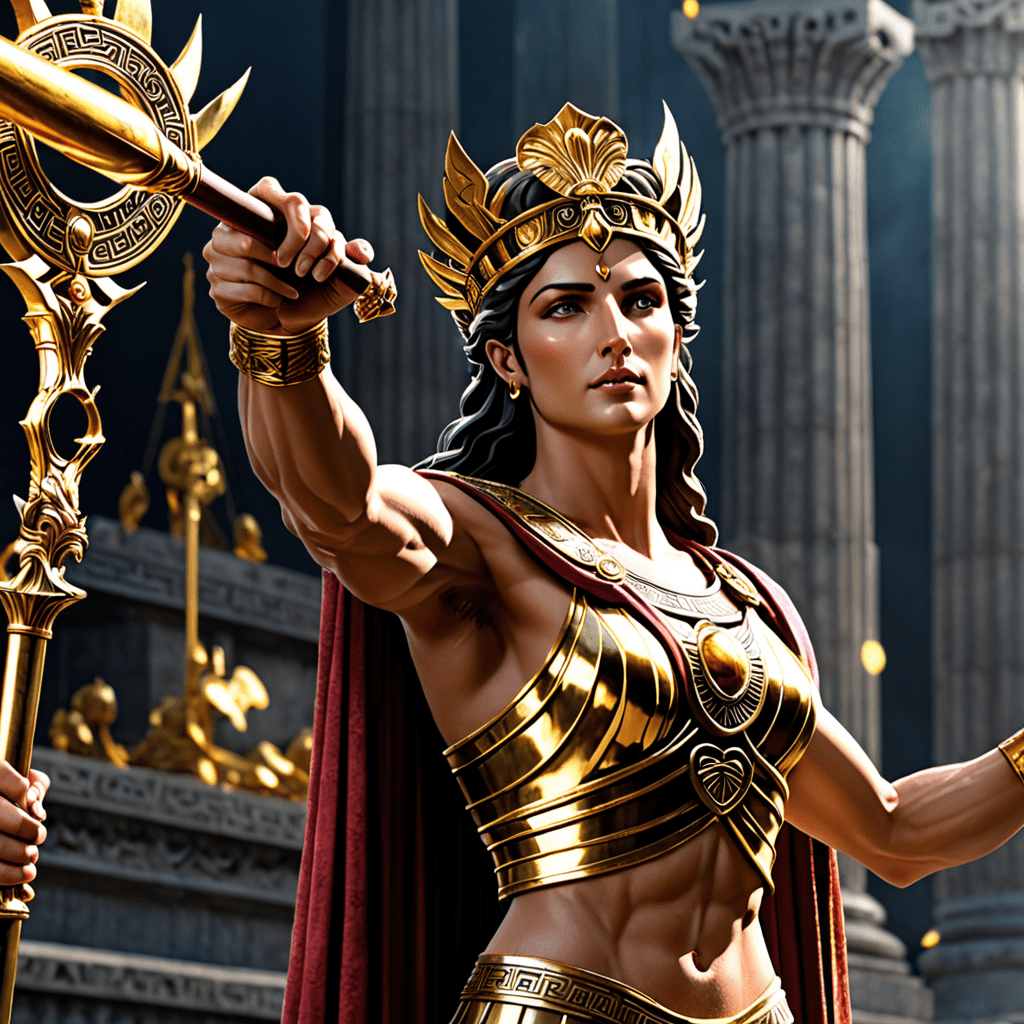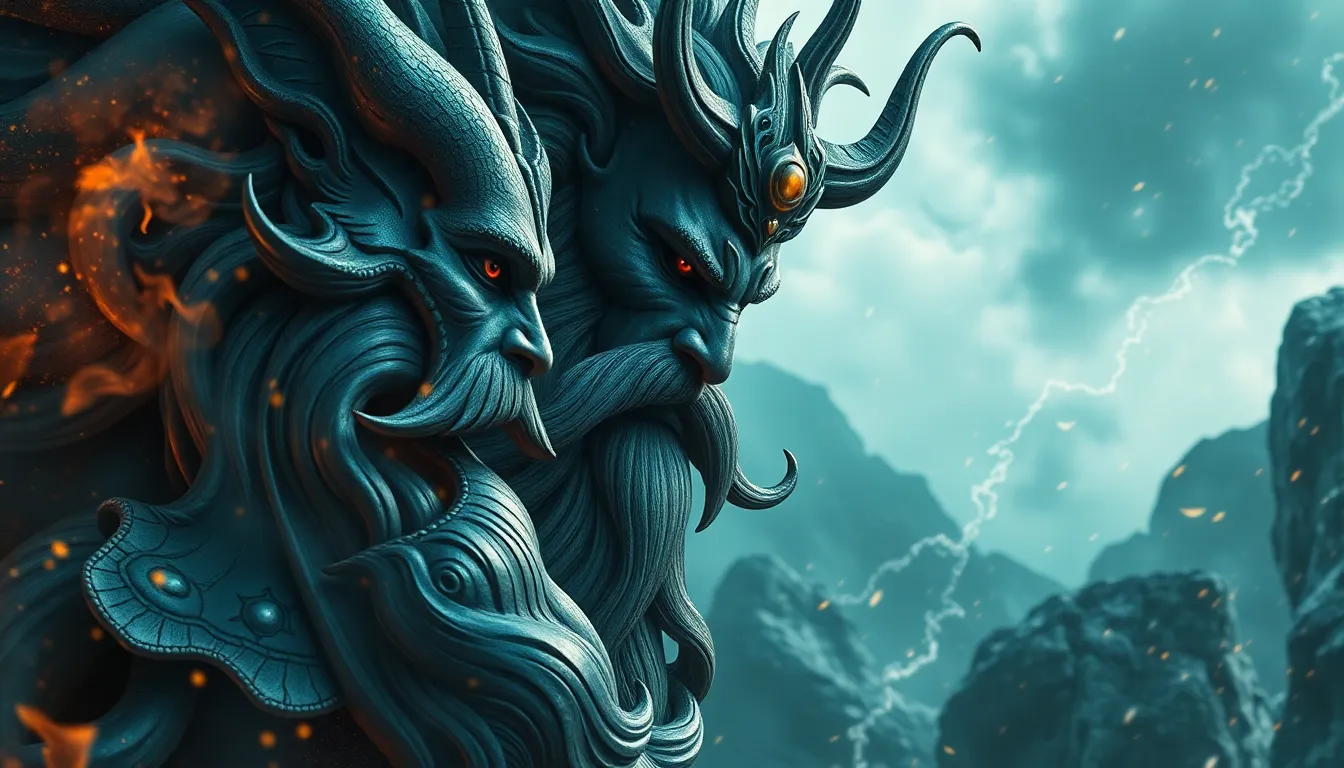The Symbolism of Scepters in Greek Mythology
In Greek mythology, scepters play a significant role as symbols of power, authority, and divine right. These iconic staffs, often adorned with intricate designs and sometimes topped with various symbols, hold deep symbolic meanings in the rich tapestry of Greek legends.
1. Origins of Scepters in Greek Mythology
The use of scepters in Greek mythology can be traced back to the ancient civilizations where rulers and deities wielded these staffs to signify their authority. The scepter was not merely a physical object but a representation of the role the bearer played in the cosmic order.
2. Scepters as Symbols of Authority
Gods and goddesses in Greek mythology are often depicted holding scepters to showcase their dominion over specific domains. For example, Zeus, the king of the gods, wields a thunderbolt scepter symbolizing his control over the skies and thunderstorms.
3. Scepters in Rituals and Ceremonies
In various Greek myths, scepters are used in rituals and ceremonies to invoke blessings, curse enemies, or as symbols of heralds carrying messages from the divine realm. These staffs serve as conduits between mortals and the supernatural beings.
4. The Symbolism of Scepter Designs
The design of scepters in Greek mythology often incorporates elements that reflect the personality or sphere of influence of the deity or mortal wielding it. Intricate carvings and embellishments on the scepter communicate deeper meanings about the bearer’s character and authority.
FAQs About the Symbolism of Scepters in Greek Mythology
What is the significance of scepters in Greek mythology?
In Greek mythology, scepters are symbols of authority, power, and divine right. They are often wielded by gods, goddesses, and rulers to signify their leadership and connection to the divine.
Which Greek gods or goddesses are commonly depicted with scepters?
Deities like Zeus, the king of the gods, and Hera, the queen of the gods, are frequently shown holding scepters as symbols of their supreme authority. Other gods like Poseidon and Hades also wield scepters in various myths.
What materials are scepters typically made of in Greek mythology?
In Greek mythology, scepters are often described as being made of materials like gold, silver, or precious gems. These lavish materials emphasize the importance and regality of the wielder.
Do scepters hold any specific powers in Greek mythology?
While scepters themselves do not possess magical powers, they are seen as conduits of the authority and influence of the gods or rulers who wield them. Scepters are more about symbolism and representation of power rather than inherent magical abilities.




